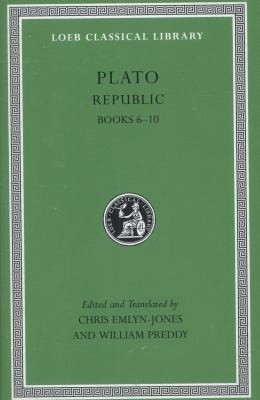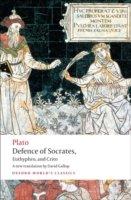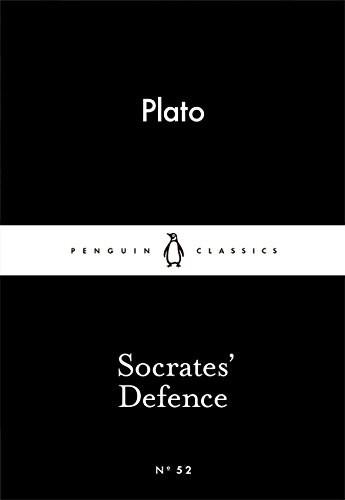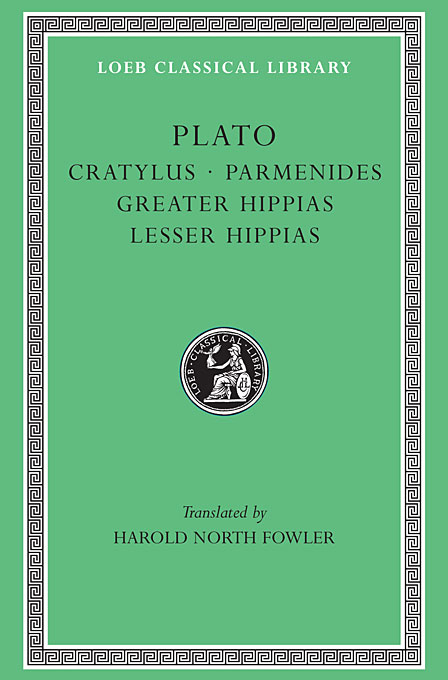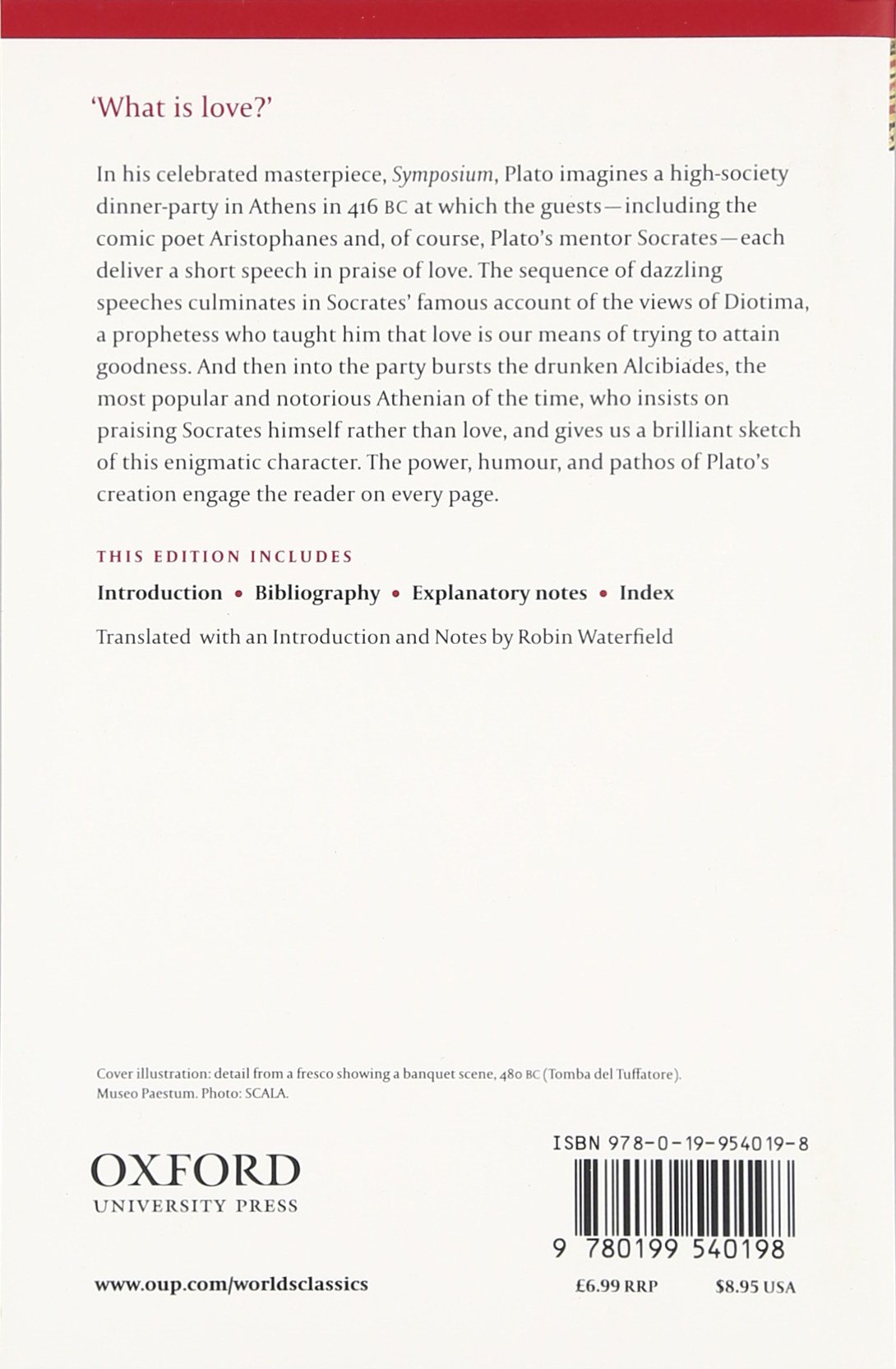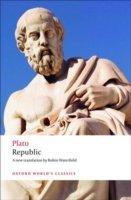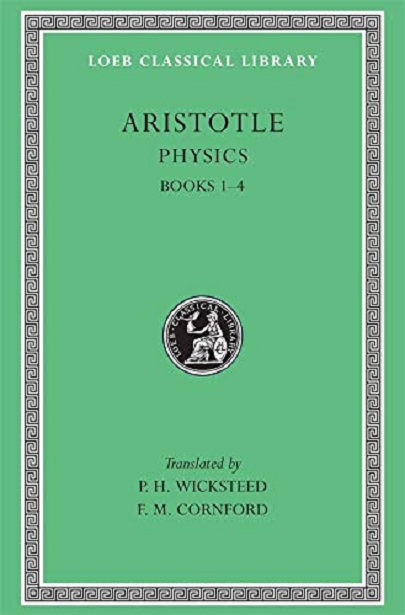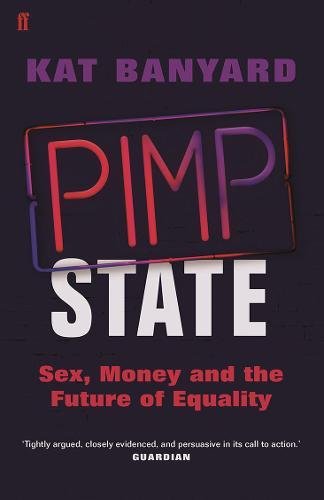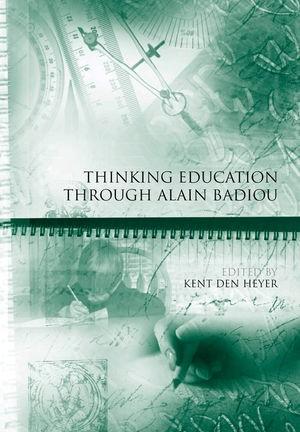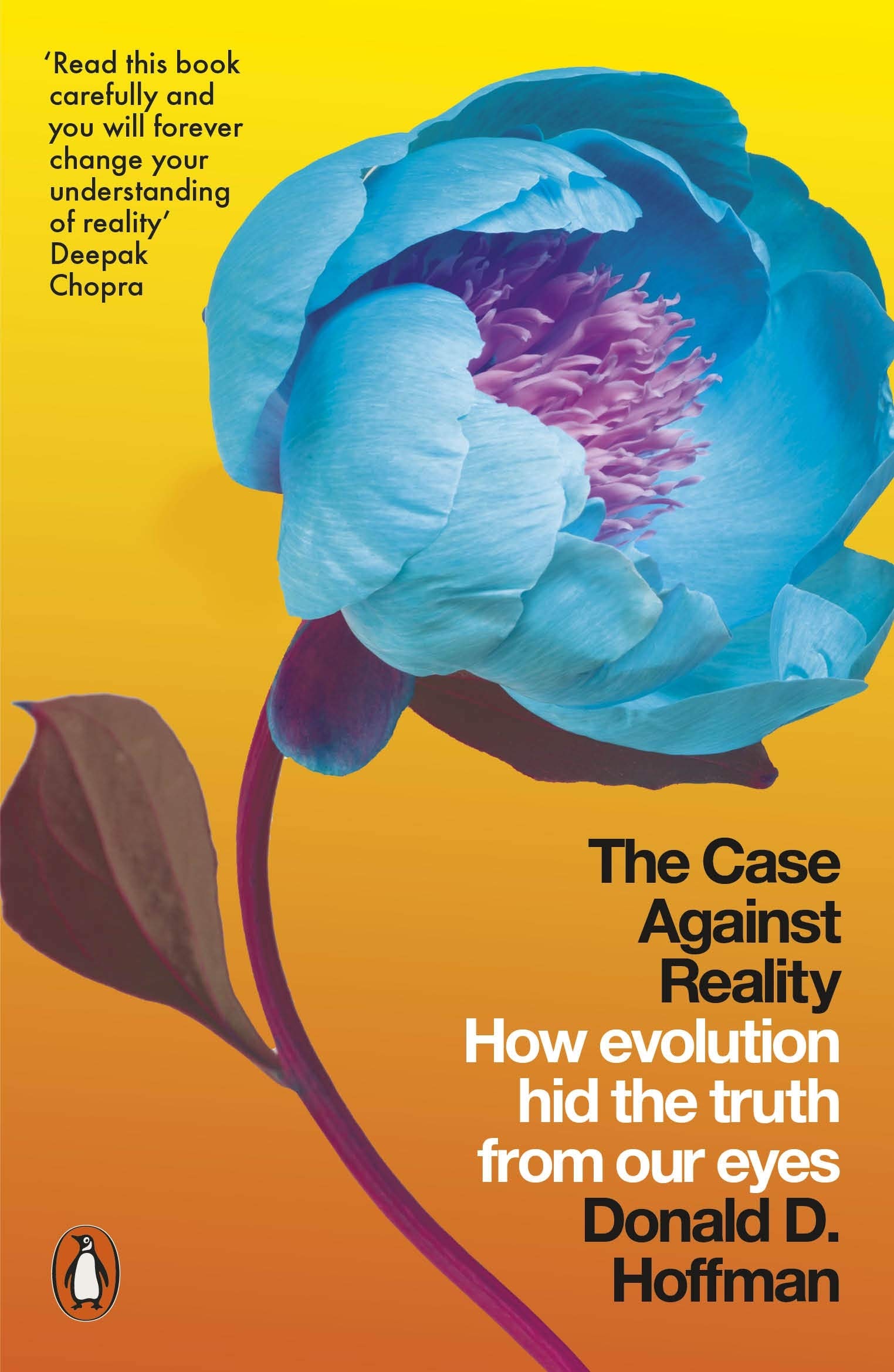Timaeus and Critias, Paperback
de: Plato
Publicat de: Createspace Independent Publishing Platform
Anunta-ma cand revine pe stoc! This book combines the Platonic dialogue of Timaeus with Critias; an unfinished but important fragment in classical philosophy.
Plato's Timaeus is a dialogue by the acclaimed Greek philosopher, wherein Timaeus is engaged by Socrates about a variety of topics.
Often overlooked by scholars until the late Victorian era, this dialog nevertheless represents important developments in Plato's thought regarding human nature and the physical nature of the world and reality. Today it remains highly considered by scholars in Ancient Greek philosophy, despite the majority of the text being essentially a monologue.
In this dialogue portions, Socrates and Timaeus discuss the nature of the physical world and of reality. The monologue portions are delivered by the titular Timaeus, who expostulates about the nature of the universe and of human existence to a receptive and thoughtful Socrates.
Notably among the chapters is a discussion of the Four Elements which were an important aspect in Greek thinking about the universe. Timaeus puts forward the idea that each element has a specific shape in manifestation - For Fire, a tetrahedron, for Air an Octahedron, for Water an Icosahedron, and for Earth a cube. The significance of the shapes becomes clear: Plato, as Timaeus, proposes they interact with the universe by means of their shape and ratio.
Plato's Critias is a fragment of another late period dialogue written in a similar tone to the Timaeus, to the point where scholars of antiquity regard the two as synonymous.
The topic discussed by Critias, Timeaus, Socrates and Hermocrates is one of intense interest even today: the lost city of Atlantis. After introducing the world's earliest creation by the Gods, we hear that the magnificent Atlantis was given to Poseidon; the God of the Sea.
The conversation proposes that after an initial period of holy alignment and splendour, the city of Atlantis had gradually become corrupted. Its citizenry came to lose their virtues and thus their alignment with the Gods. As a result, Zeus - the God of all Gods - commences to speak.
At this point however, the dialogue is cut short - leaving scholars with an ancient cliffhanger story that, over two millennia later, has never been resolved.
Translated by the highly regarded Oxford scholar Benjamin Jowett , this edition of Timaeus and Critias combines quality with inexpensiveness.
About the Author:
Born to a politically connected and aristocratic family between 428 and 423 B.C., Plato received a good standard of education at an early age, and was able to immerse himself in the intellectual community of Ancient Athens. His most notable contemporary and mentor was Socrates, an eccentric but highly capable philosopher who was to feature as a principle character in most of Plato's scholarly writings. Owing to his high standard of education in art, mathematics, rhetoric and philosophy, Plato was able to assemble a comprehensive philosophy of his own via his favoured form of writing which was the dialogue. In total, over thirty of these Platonic dialogues have survived the passage of time - and together they form the backbone of Ancient Greek philosophy. After enjoying success as a writer and academic, Plato in 385 B.C. founded The Academy. This school was to unite the most capable thinkers of Greece, and would help to advance learning throughout Greek society's Golden Age. It was in the Academy that Plato would instruct and apprentice Aristotle, who was to go on to gain renown as a philosopher and scholar. Owing to his reputation Plato was hired by Dion, whose nephew Dionysus II was the rightful ruler of Sicily - Dion wished his nephew to receive a good education in the art of sound and wise governance. However Dionysus II became suspicious and accused both Plato and Dion of conspiracy - after some time spent under arrest, Plato returned to his homeland. In his late period, Plato continued to tutor and mentor the best young minds of Athens, and he would perish around 348 B.C. having lived beyond the age of eighty. Today Plato's legacy remains lauded: the philosopher ably used logic and reason to imbue insight on democratic governance, while developing a cohesive philosophy on topics such as art, metaphysics, justice and the 'Theory of Forms' - his iconic take on how ideas related to reality.
| General | |
| Anul | 2016 |
| Autor | Plato |
| Cod de bare | 9781534613829 |
| Editura | Createspace Independent Publishing Platform |
| Dimensiuni | 229x153 |
| ISBN | 153461382X |
| Limba | Engleza |
| Pagini | 150 |
| Format | Brosata |

